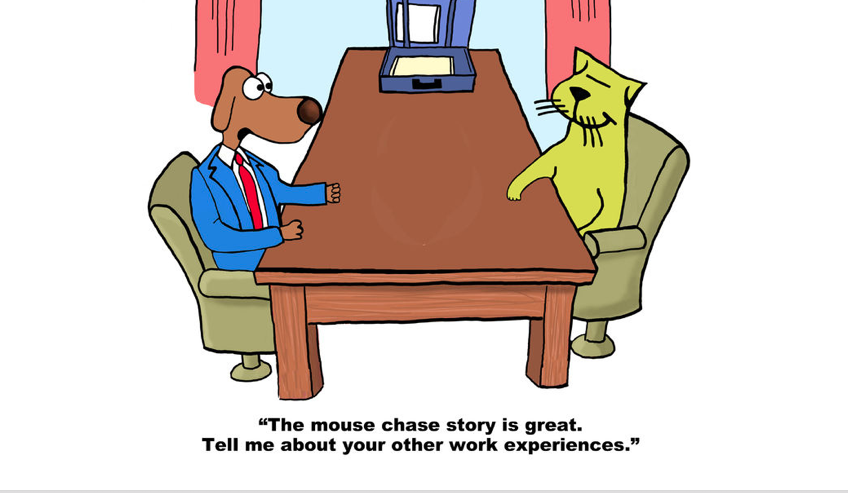Ace that Interview
Posted over 12 years ago by Rebecca Thomas
If you received our mailer over the festive season, you’ll have already seen our top tips for putting your CV together. But once that CV has been polished and perfected and those interviews start coming through, chances are you might need a little re-cap on interview etiquette and good practice. Here’s our guide on how to ace the interview process.
Prepare
There’s no getting away from it - preparation is crucial. We’ll always give you as much insight into who you’re meeting as possible - what they do, how they do it, what makes them tick. But it’s essential that you do your homework too…
The internet and associated industry press are all valuable information resources. Investigate the company you’d be working for, its clients, how it’s positioned, the competition and any industry trends. Ask your peers about their perceptions of the company. Use all of this information to formulate any further questions you want to ask. Remember, an interview is a two-way process and it’s just as important that you find out about the company and the role as it is for them to find out about you.
In addition to researching the company, it’s also vital to research the role – read the job spec, look at what’s required, and make sure you can give examples of how you can add value based on your previous experience.
First Impressions
Trust us, they do count, so look the part - in this industry creating a good first impression is vital. Give a firm handshake, smile, maintain good eye contact, be confident and just try to relax and enjoy it. If you’re nervous, take a few deep breaths, rather than reaching for the cigarettes – there’s nothing more off-putting in an interview than someone with smokey breath.
You and Your Achievements
As with your CV, it’s important to highlight specific personal achievements rather than focussing purely on what your company did. So, talk about your responsibility on a given project, what you did, how you did it, and the results you achieved. Where possible, take along samples of work produced - not only does this provide a nice visual context to the interview, it also allows you to go into more detail regarding the rationale you applied, the stages you went through in its development and so on.
The Strengths and Weaknesses Question
Let’s face it, there’s a high probability that these stock questions will come up so there’s no harm preparing for them. Some of the best advice we’ve read is based on understanding the subtext of the questions themselves: “What are your strengths?” is effectively asking “what are you good at that’s going to add value to us if we employ you?” Equally, “what are your weaknesses?” is asking “are you self aware and do you take steps to improve?”.
Listen
One of the biggest mistakes at interview is not listening to questions you’re being asked and instead of telling the interviewer what you think they want to hear. Always ensure you’ve understood a question and take time to formulate your response - not five minutes (this would be bad thing), but interviewers will always respect you for engaging your brain, before engaging your mouth!
Be Yourself
It’s obviously important to remain professional at all times during an interview, but that doesn’t mean you can’t be yourself and show your personality. After all, the person sat opposite you is looking to employ someone who they feel they can get on with and work closely with. One word of caution though: don’t let your guard down too much, for example, even if the person interviewing you does swear (it does happen), don’t take that as a sign that it’s ok for you to do so. Equally, don’t tell them about how drunk you got at last year’s Christmas party.
Ask Questions
Preparing well thought out questions before going into the interview will show that you’re prepared and that you are genuinely interested in the job. Never be afraid to take in a list of questions to ask - if you’re anything like us, by the time you’ve got to this stage of the interview you will have taken in so much information you’ll have completely forgotten what you were going to ask. It’s best to avoid asking things like ‘what’s the salary?’ or ‘what are the hours of work?’ though – this can often send out the wrong signals.
Wrapping Things Up
If you’ve enjoyed the meeting and it’s confirmed you want the job then it’s always good to finish things with a positive statement about your interest.




